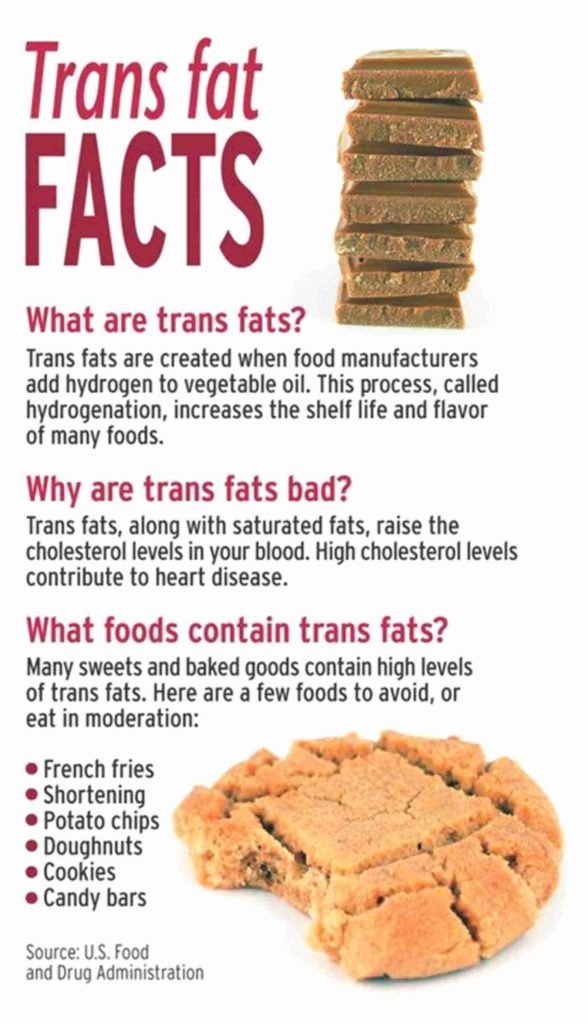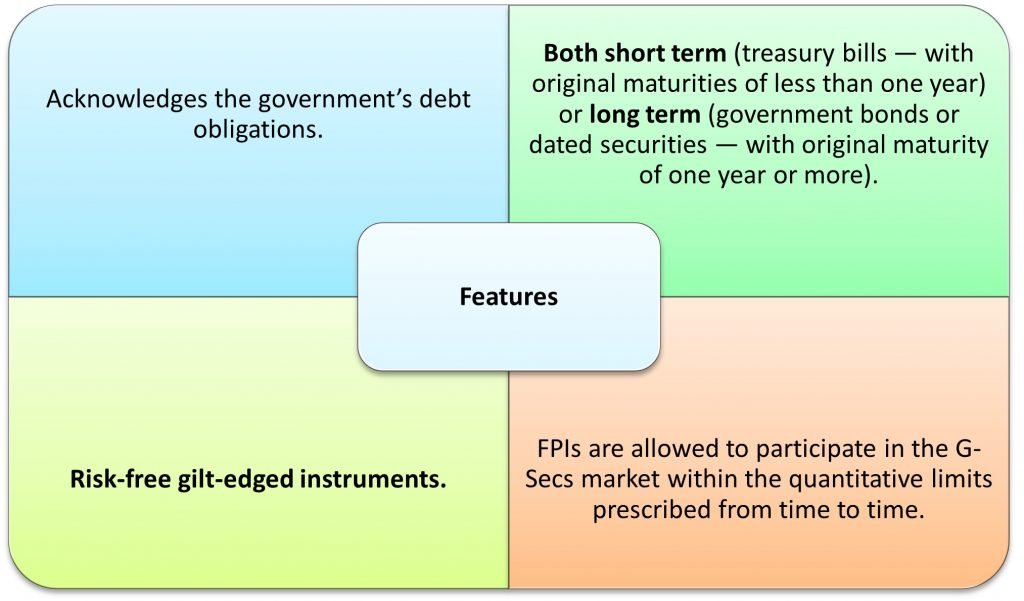Current Affairs (8th February 2021)
UNRECOGNISED PARTIES
CONTEXT:
- Registered unrecognised parties doubled in the last 10 years, according to a report by the Association for Democratic Reforms (ADR).
- There are 2,360 political parties registered with the Election Commission of India and 2,301 or 50% of them are unrecognised.
FINDINGS:
- Only 39% of the total registered unrecognised political parties are available in the public domain for 2018-19, while the reports of only 3.56% of such parties for 2017-18 are uploaded on the respective State Chief Electoral Officers’ websites.
- None of the registered unrecognised political parties of 25 States/UTs including Madhya Pradesh, Karnataka, Kerala, Telangana, Himachal Pradesh, etc. are available on the respective State CEO websites for 2018-19.
- For 2017-18, contribution reports of parties of 21 states/UTs are not available.
- The number of these parties increased two-fold in the last 10 years from 1,112 in 2010 to 2,301 in 2019. The figure spiked disproportionately during the year of parliamentary election.
Trans-fatty acids
CONTEXT:
- To cap trans-fatty acids (TFAs) in food products, the Food Safety and Standards Authority of India (FSSAI) has amended its rules to cap trans-fatty acids (TFAs) in food products.

NEW RULES:
- Food products in which edible oils and fats are used as an ingredient shall not contain industrial trans-fatty acids more than 2% by mass of the total oils/fats present in the product, on and from 1st January, 2022.
- This move is line with the WHO guidelines which has called for the elimination of industrially produced trans-fatty acids from the global food supply by 2023.
Sub-categorisation of OBCs
CONTEXT:
- The Justice Rohini Commission– set up in October 2017 under Article 340 to recommend sub categorization of the Other Backward Classes (OBCs) and ensure that marginalized sub castes get due benefits- got its extension till 31 July 2021 by the Centre.
ABOUT
- It means creation of categories within OBCs for reservation to ensure equitable distribution of representation among all OBC communities.
- OBCs are granted 27% reservation in jobs and education under the central government.
- Only a few affluent communities among the listed ones have secured a major part of 27% reservation.
- Article 14 guarantees equality before the law. There is a need to uplift un-equals to bring them on par with the advanced classes.
- National Commission for Backward Classes (NCBC) proposed the sub-categorisation of OBCs in 2015.
- In October 2017, President under Article 340, appointed a commission chaired by retired Justice G. Rohini to examine the issue of sub-categorisation of OBCs and to ensure social justice in an efficient manner by prioritising the Extremely Backward Classes (EBCs).
- The Rohini Commission was to originally submit its report by March 2018. Its budget is being drawn from the NCBC.

Democracy Index
Context:
- Recently, 2020 Democracy Index’s report titled “Democracy in sickness and in health?” has been released by the Economist Intelligence Unit (EIU).
INDIA RANKING:
- India slipped two places to 53rd position due to the “democratic backsliding” by authorities and “crackdowns” on civil liberties has led to a further decline in the country’s ranking.
- With mounting pressure on India’s democratic norms, India’s score fell from a peak of 7.92 in 2014 to 6.61 in 2020 (6.9 in 2019) and its global ranking slipped from 27th (in 2014) to 53rd . India was ranked 51st in the 2019 Democracy Index.
- It has been classified as a ‘flawed democracy’.
- Report alleged that the Central government had “introduced a religious element to the conceptualisation of Indian citizenship, a step that many critics see as undermining the secular basis of the Indian state”.
- The authorities’ handling of the coronavirus pandemic led to a further erosion of civil liberties in 2020.
NEIGHBOURING COUNTRIES
- Sri Lanka: 68th , flawed democracy
- Bangladesh (76), Bhutan (84) and Pakistan (105) : ‘Hybrid regime’ category
- Afghanistan : 139th , ‘Authoritarian regime’
GLOBAL
- Norway topped while Iceland, Sweden, New Zealand and Canada making up the top five.

- US, France, Belgium and Brazil : ‘Flawed democracy’.
- The Asia and Australasia region includes top-scoring New Zealand, which retained its fourth position in the global ranking, and persistent laggard North Korea at the 167th place.

- The region’s overall score fell in 2020 but it now has five “full democracies” with Japan, South Korea and Taiwan moving up the rankings compared with 2019.
- Australia : “Full democracy” (9th rank).
- Japan and South Korea both returned to the “full democracy” fold for the first time since 2014. Taiwan attained “full democracy” status for the first time following a spectacular jump up the rankings.
- Despite these upgrades, Asia’s average regional score deteriorated to its lowest level since 2013 as official measures taken to combat the coronavirus pandemic led to some of the most severe constraints on individual freedoms and civil liberties in the world.
- China, Singapore and others went much further than the rest of the world in tracking and policing their citizens and locking them down in response to the COVID-19 pandemic.
- The symbolism of Asia gaining three new ‘full democracies’ in 2020 and western Europe losing two (France and Portugal) was apt, as the coronavirus pandemic has accelerated the shift in the global balance of power from the West to the East.
INDEX
- Provides a snapshot of the current state of democracy worldwide for 167 countries.
- Out of 165 independent states and two territories, the Democracy Index classifies 23 countries as full democracies, 52 as flawed democracies, 35 as hybrid regimes and 57 as authoritarian regimes.
- The EIU report looks at the impact of the coronavirus (COVID-19) pandemic on freedom and democracy around the world.
- The Economist Intelligence Unit (The EIU) was the world’s leading resource for economic and business research, forecasting and analysis.
- The Democracy Index is based on five categories: electoral process and pluralism, civil liberties, the functioning of government, political participation, and political culture.
Forex reserves
CONTEXT:
- The country’s foreign exchange reserves rose by 4.85 billion US Dollars to touch a record high of 590.18 billion dollars.
ABOUT:
- Forex reserves rose on account of an increase in foreign currency assets (FCA), a major component of the overall reserves.
- FCA increased by 5.03 billion dollars to 547.22 billion dollars.Expressed in dollar terms, the foreign currency assets include the effect of appreciation or depreciation of non-US units like the euro, pound and yen held in the foreign exchange reserves.
- The gold reserves declined by 164 million dollars to 36.29 billion dollars.The country’s reserve position with the IMF also declined by 6 million dollars to 5.16 billion dollars.
Forex reserves or foreign exchange reserves (FX reserves)
- Assets are held by a nation’s central bank or monetary authority.
- Held in reserve currencies usually the US Dollar and to a lesser degree the Euro, Japanese Yen, and Pound Sterling.
- Used to back its liabilities – like the native currency issued and also reserves deposited by financial institutions or the government with the central bank.
- According to a report by Goldman Sachs, stronger foreign currency reserves will allow developing market central banks to “buffer their currencies against sharp declines by supplying dollars to the market” at times of volatility.
Purpose of keeping foreign exchange reserves
- To keep the value of their currencies at a fixed rate.
- Countries with a floating exchange rate system use forex reserves to keep the value of their currency lower than the US Dollar.
- To maintain liquidity in case of an economic crisis.
- The central bank (RBI) supplies foreign currency to keep markets steady.
- To ensure that a country meets its foreign obligations and liabilities.
Govt securities
CONTEXT:
- Reserve Bank of India (RBI) has given direct access of its government securities trading platform to small investors. With this, Retail investors can directly open their gilt accounts with RBI, and trade in government securities.
WHAT ARE GOVERNMENT SECURITIES (G-SEC)?
- Tradeable instrument issued by the central government or state governments.
- Dominated by institutional investors like banks, mutual funds, and insurance companies.
- These entities trade in lot sizes of Rs 5 crore or more.

Factors which affect the prices of these securities
- Changes in interest rates in the economy and other macro-economic factors, such as, liquidity and inflation.
- Developments in other markets like money, foreign exchange, credit and capital markets.
- Developments in international bond markets, specifically the US Treasuries.
- Policy actions by RBI like repo rates, cash-reserve ratio and open-market operations.
- Demand and supply of the securities.

